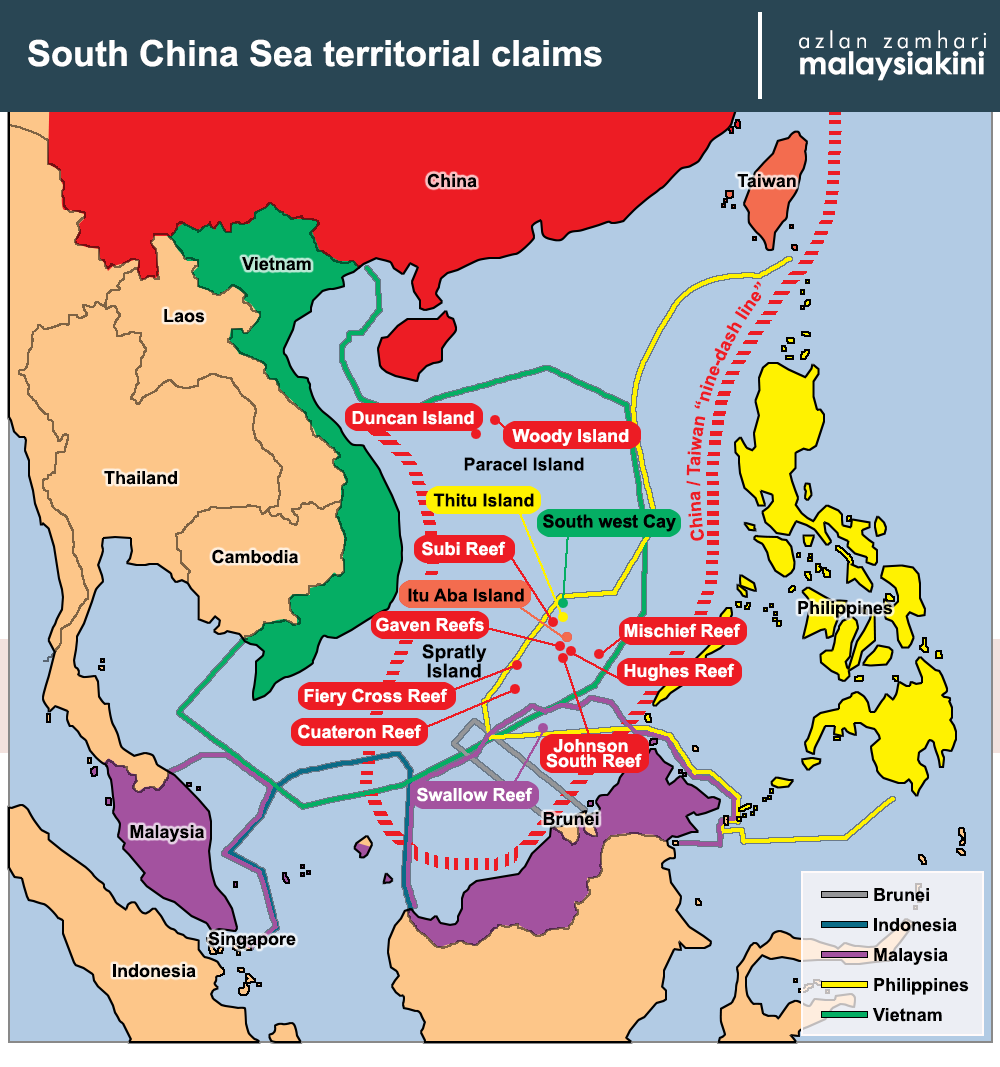The Regional Comprehensive Economic Partnership (RCEP) that is aimed to be signed this year could be the tool to ease tensions in the South China Sea, a senior researcher told a seminar.
Senior researcher, centre for maritime economics & industries, Maritime Institute of Malaysia, Ang Chin Hup (photo) said as Asean and China continues to work on the South China Sea code of conduct (COC), RCEP could shift the region's attention to economic growth.
RCEP, led by Asean, also include other countries such as China, South Korea, Australia, Japan and New Zealand.
If materialised, RCEP would be the world's largest trade pact by gross domestic product (GDP) and population.
"(The) South China Sea issue is a very long, outstanding issue. Countries (can continue to) work on the code of conduct as a guideline for countries, troops and sailors operating at sea.
"Meanwhile, as the region is a region of economic growth, it’s important to have this trade agreement so that every country including China can be working towards prosperity and peace in the region," he said.
Ang said this in a seminar entitled ‘South China Sea: Code of Conduct a Tool for Conflict Resolution’, held in Petaling Jaya, on Monday.
The event was organised by WorldFuture, a non-governmental organisation dedicated to anti-war and peace activism around the world.
Meanwhile, University of New South Wales in Canberra, emeritus professor Carlyle A. Thayer, highlighted the issues of third parties’ role and legality of the COC.
Thayer, who is also director of Thayer Consultancy, said as the COC had completed its first reading of the single draft negotiating text, need to consider how it will include third parties who use the area for trade shipments.
He said to avoid third parties from violating any part of the COC, Asean and China need to have the document as a legal instrument and ratified into their legislation.
"It needs to be passed by their national parliament. The Asean Secretariat then have it deposited with the United Nations.
"(This way) other members of the international community would put their hands up and said we fully support it and are bound by it," he said.
Thayer gave an example of the treaty of amity and cooperation in Southeast Asia, whereby the treaty at first was only limited for Asean member states before it was amended to open the document for accession by other parties.
The treaty, which was first signed into force in 1976 to promote peace, amity and cooperation in the region, was also endorsed by the United Nations general assembly.
Thayer also said as the COC negotiation now is in its second reading, the challenge for the parties involved is to sort out and consolidate all the suggestions made in the single draft negotiating text.
The South China Sea territorial disputes involve Brunei, China, Malaysia, Taiwan, the Philippines and Vietnam. - Bernama



